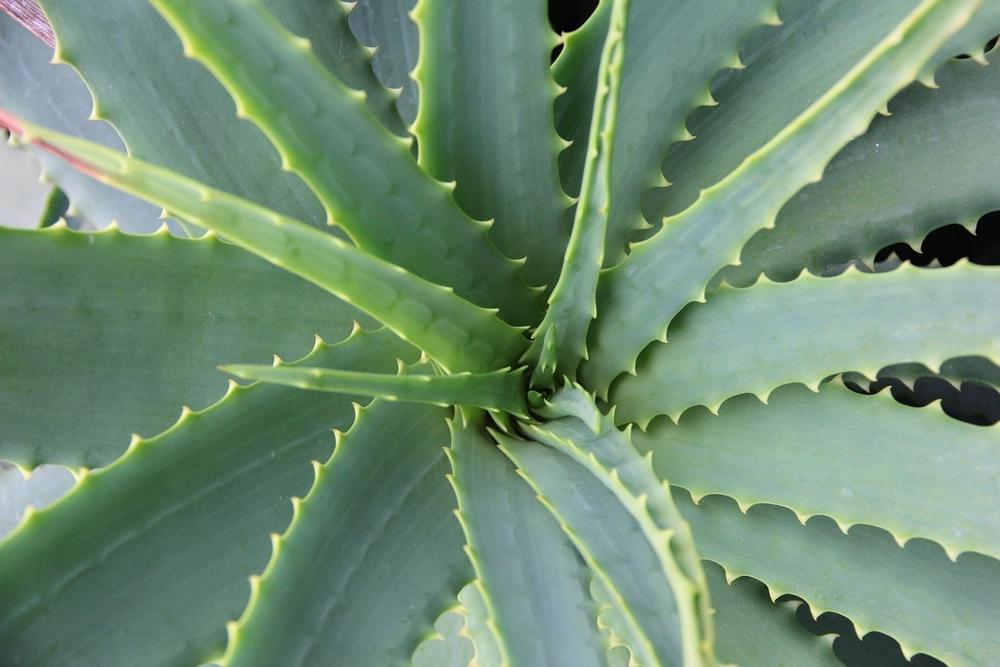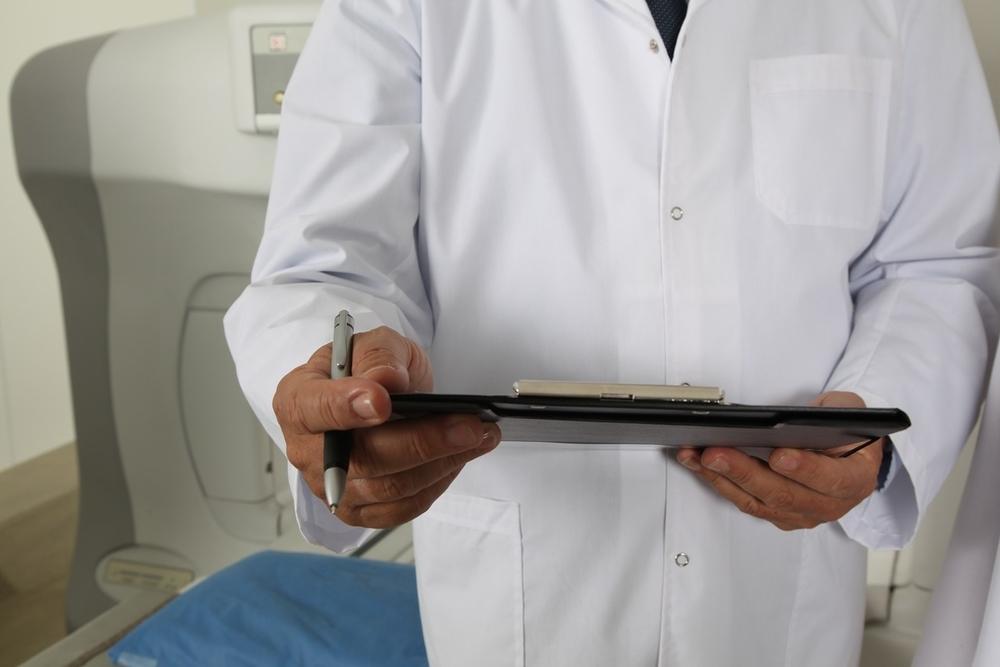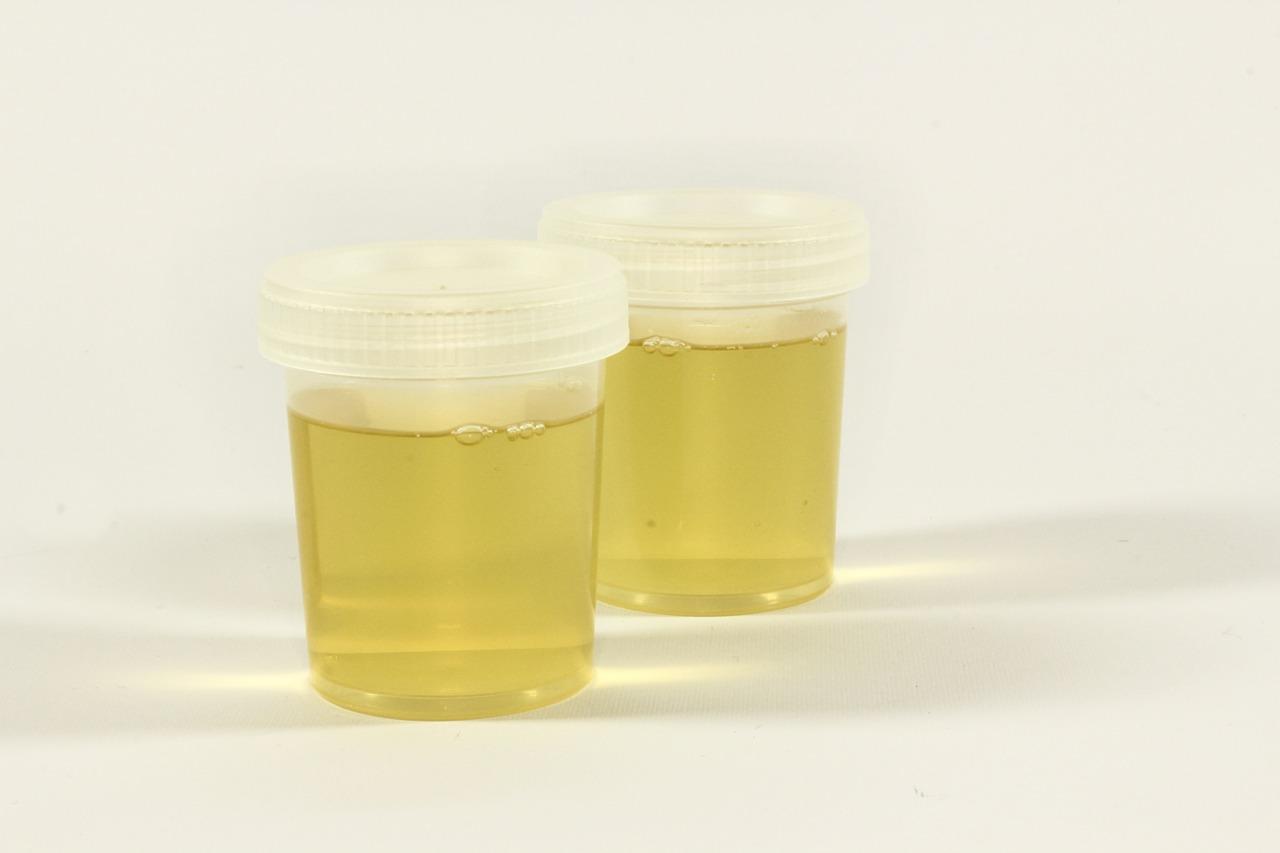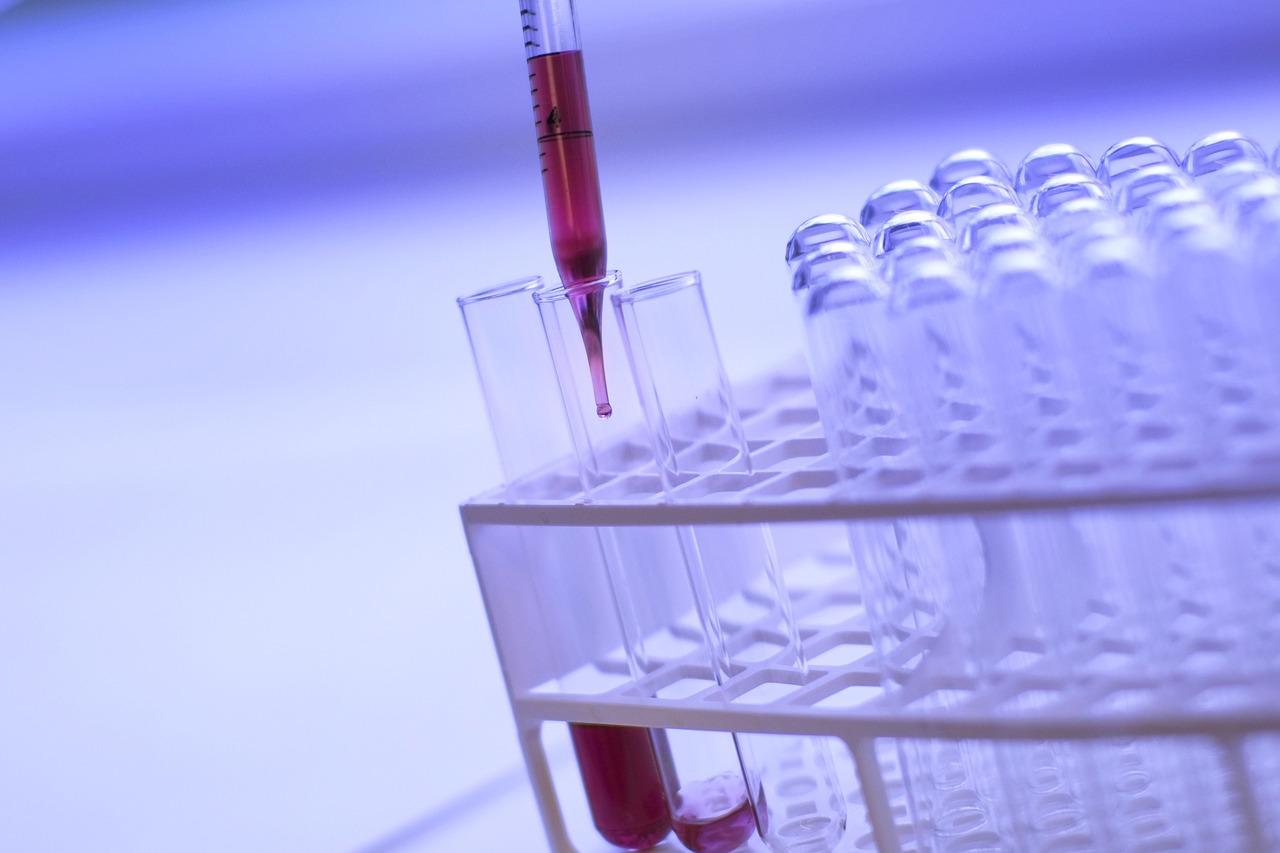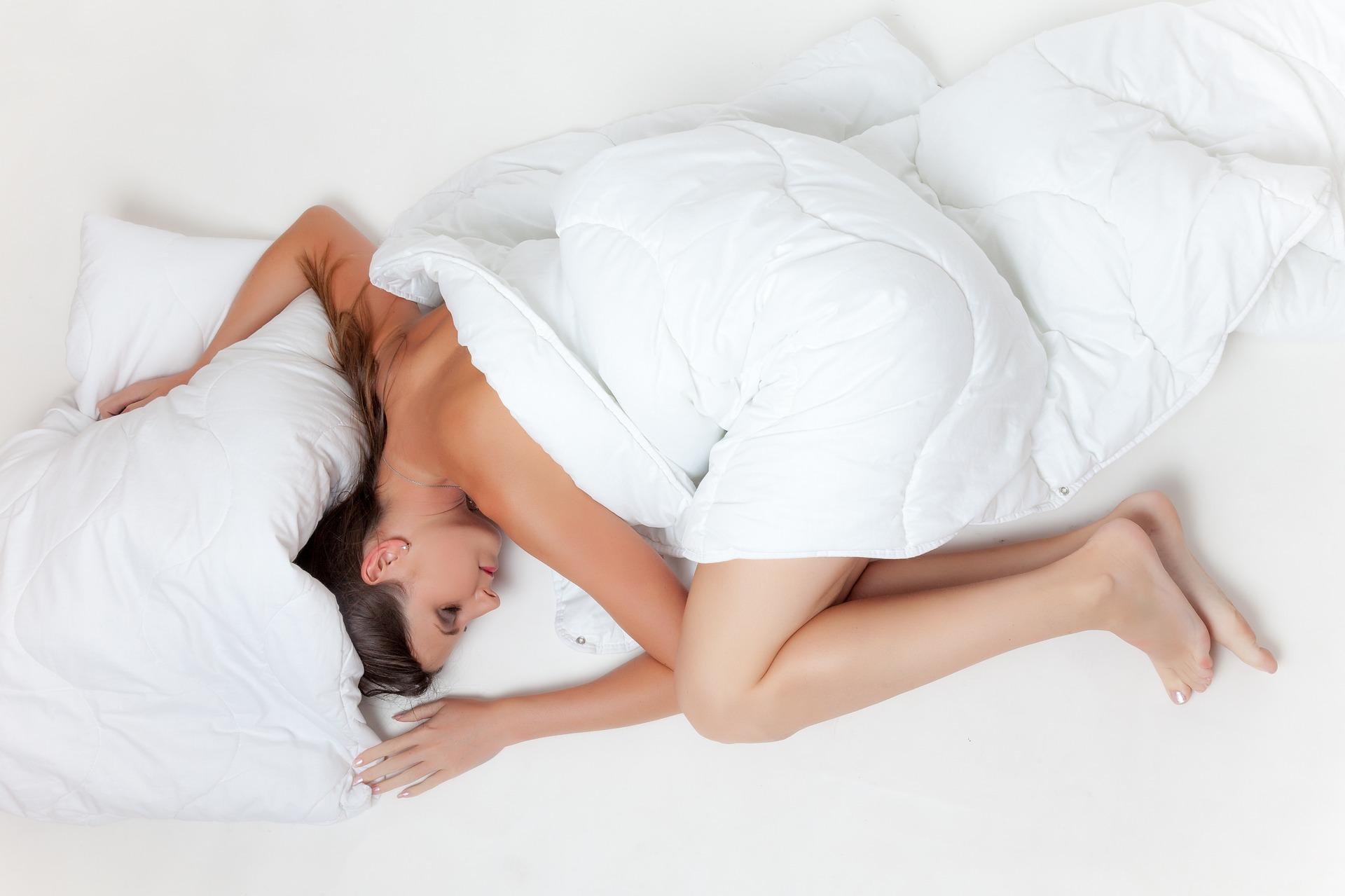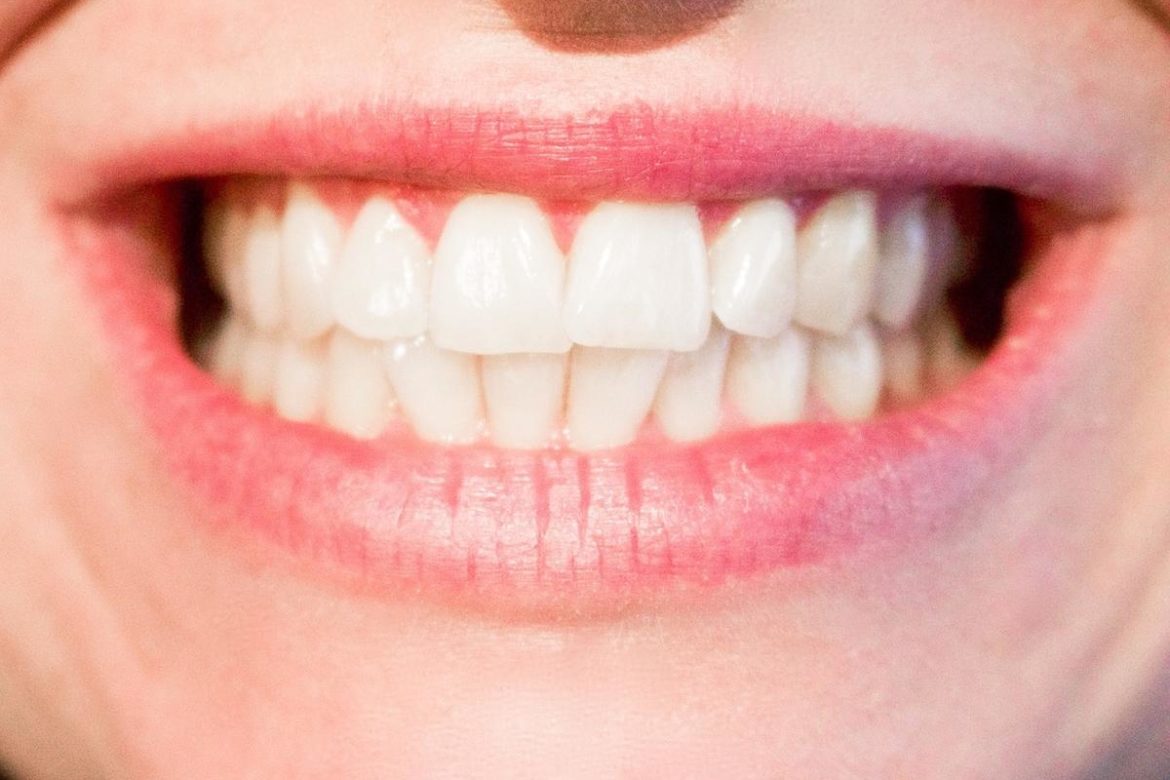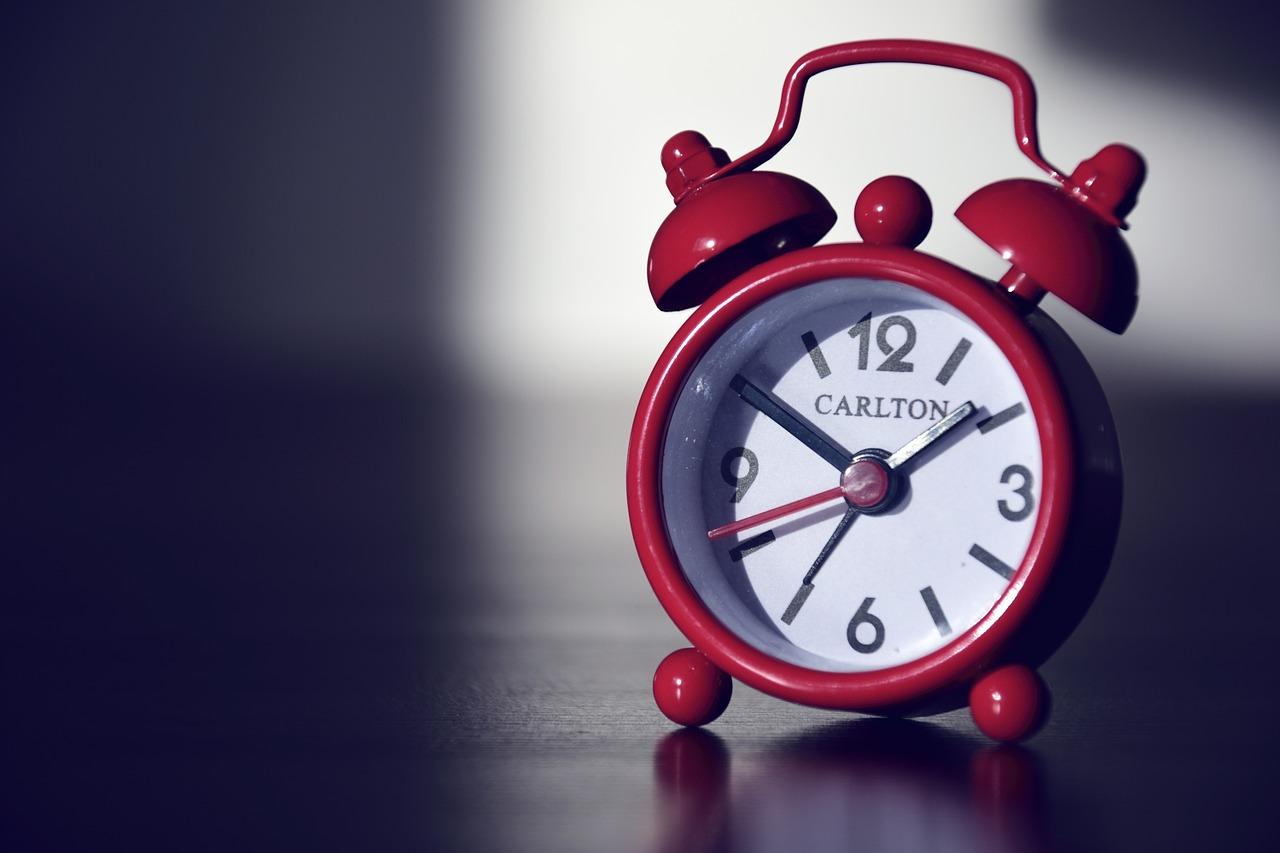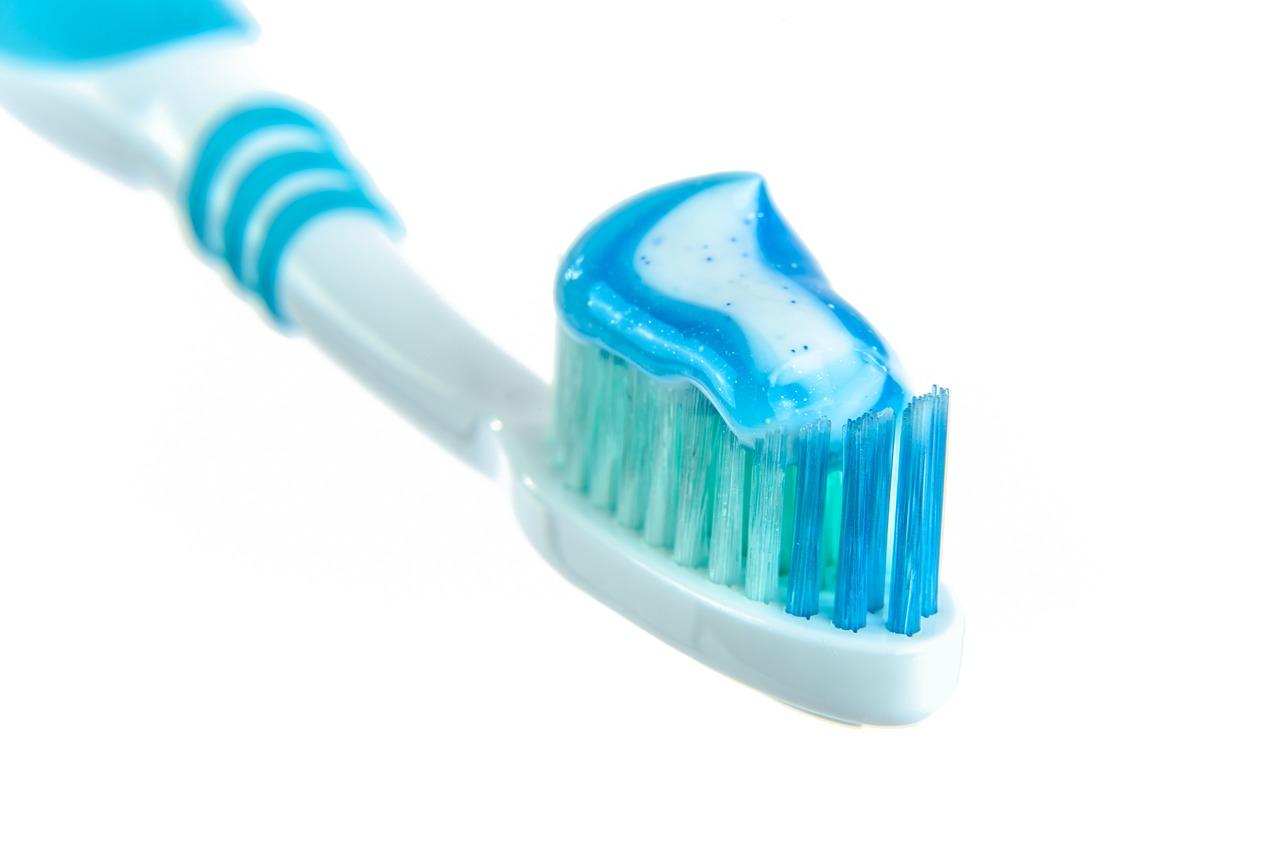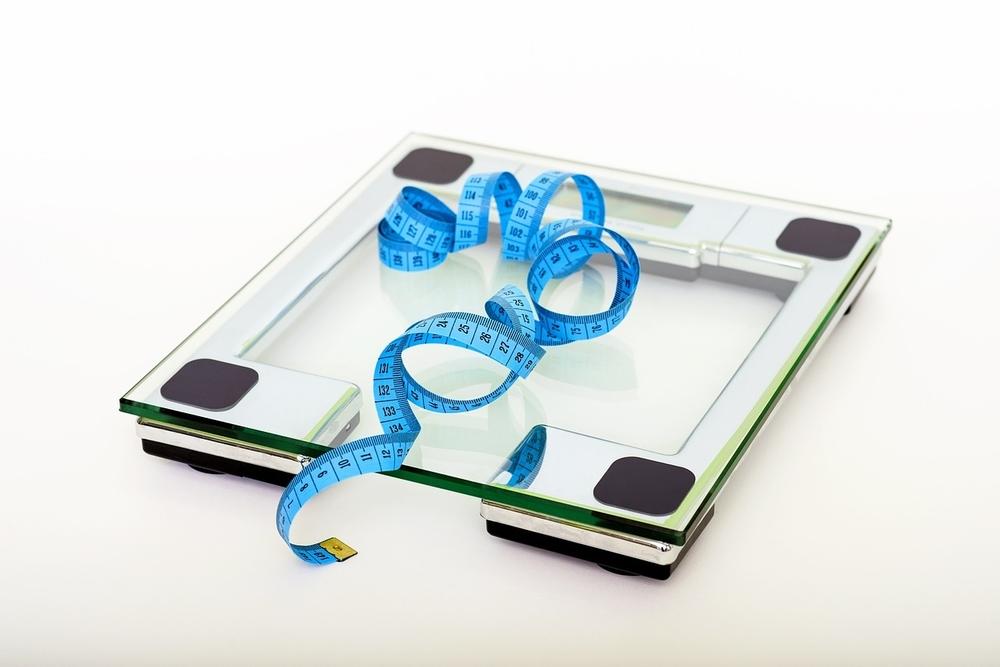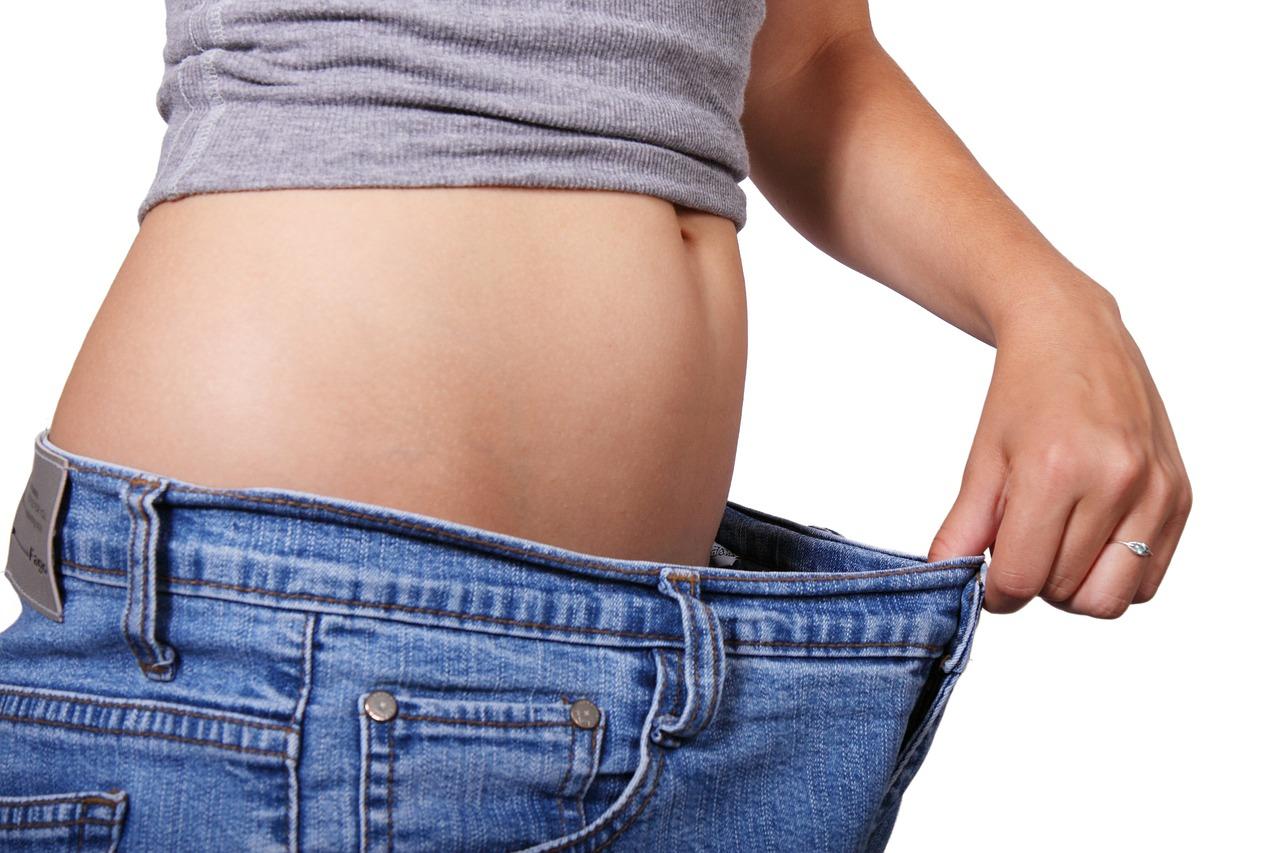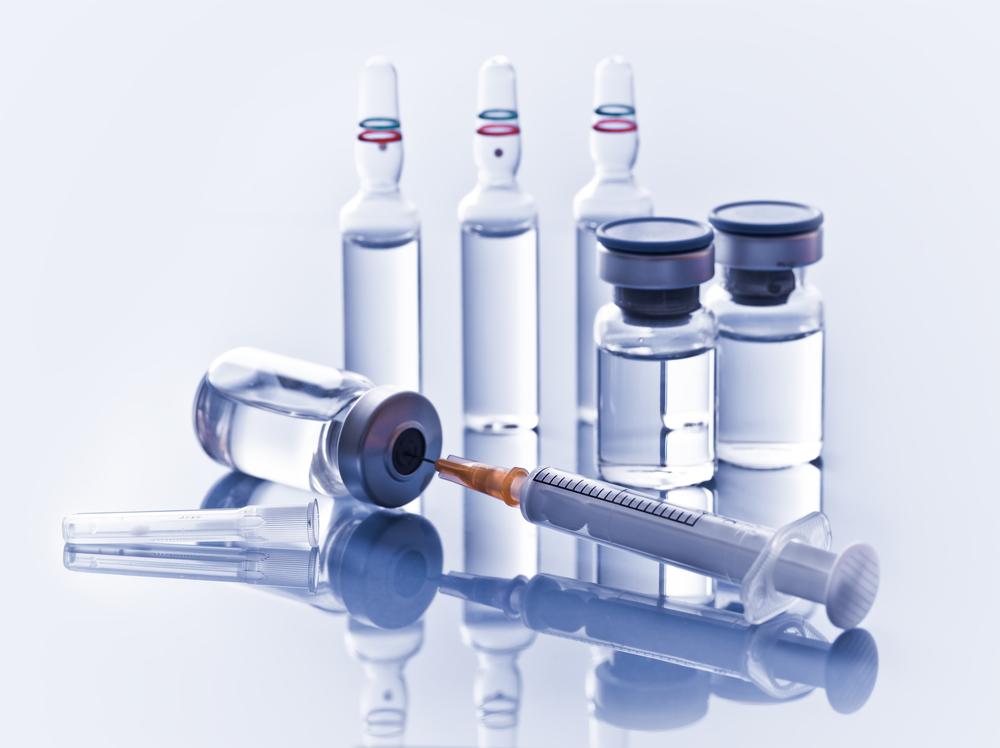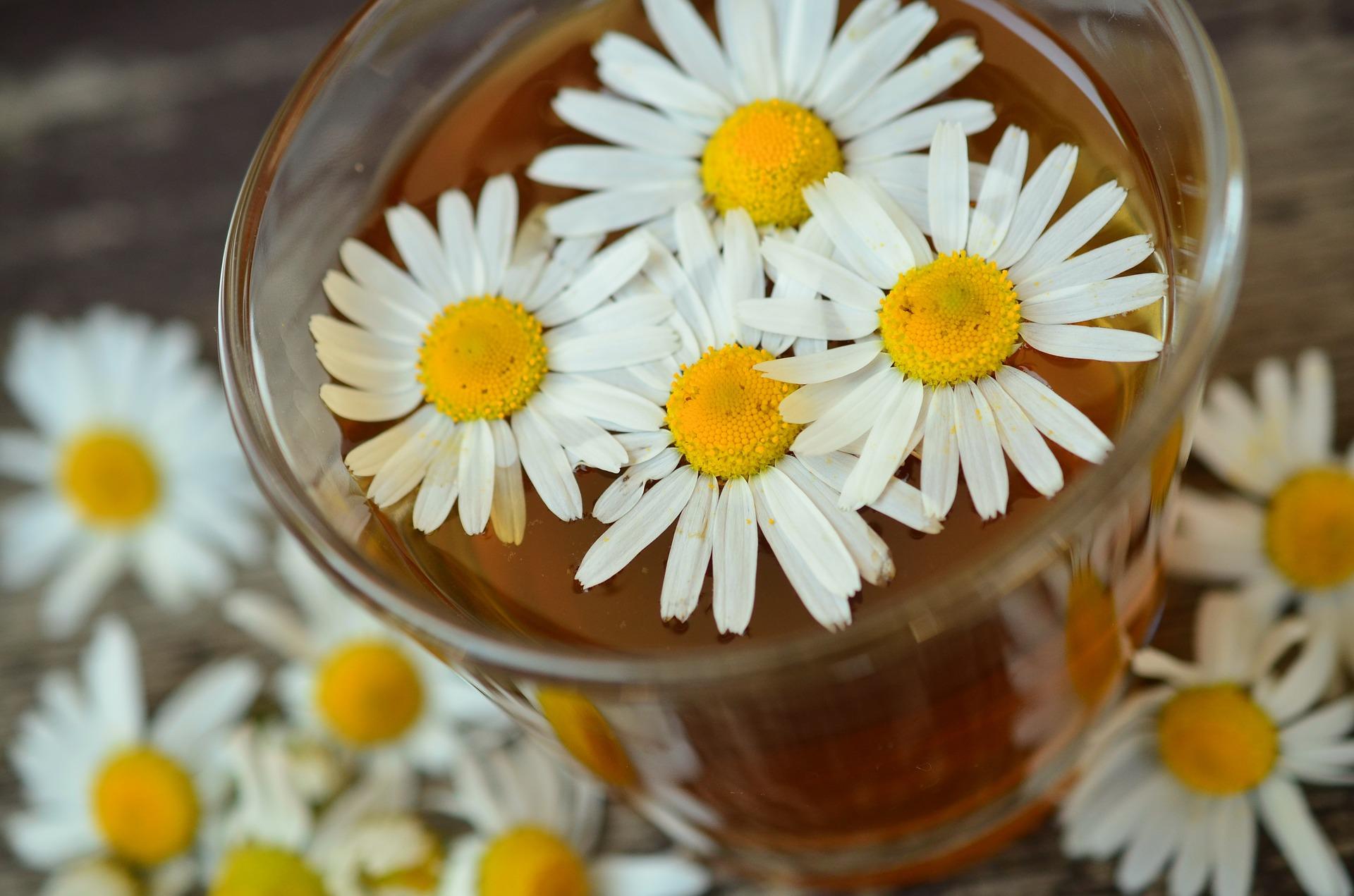Aloe vera is a green plant with amazing properties that have been known for a long time. Our grandmothers and great-grandmothers also used it, mainly as a natural remedy for digestive problems and a preparation to heal various types of wounds. Over time, we learn more and more new properties of aloe vera, which when used internally or externally, cares not only about our health, but also about our beauty.
The gel in the leaves of the plant contains a huge amount of nutrients necessary for the proper functioning of the body, we find in it, among others, B vitamins and vitamins A, C, E and K and minerals e.g. selenium, zinc, magnesium, potassium, sulfur or iron. There is also a lack of fiber, sterols, enzymes, fatty acids and sugars. Aloe is also a rich source of amino acids, it can contain up to 20, of which about 7-8 are those that our body is unable to produce by itself. Its rich composition makes it a plant that has a number of beneficial properties for our body
Read what aloe can do.
Supports the functioning of the digestive system
Aloe juice cleanses the digestive system of toxins and deposits, thus eliminating abdominal pain, diarrhea and constipation caused by impurities. It improves the body's absorption of the nutrients it provides. It fights bacteria, fungi and viruses, which is why it copes well with infections located in the digestive system, significantly improving our health and well-being. Aloe also stimulates the production of bile and helps break down fat accumulating in our body, the excess of which can be a cause of troublesome constipation. However, it is not the end of this wonderful plant that supports liver cleansing and, thanks to the content of enzymes and antioxidants, also stimulates metabolism.
It soothes burns
Aloe alleviates the unpleasant symptoms associated with skin burns, accelerates healing and reduces the visibility of scars. It is enough to cut the leaf of the plant lengthwise and brush the burned place with gel inside. Aloe brings immediate relief and accelerates the regeneration of damaged epidermis.
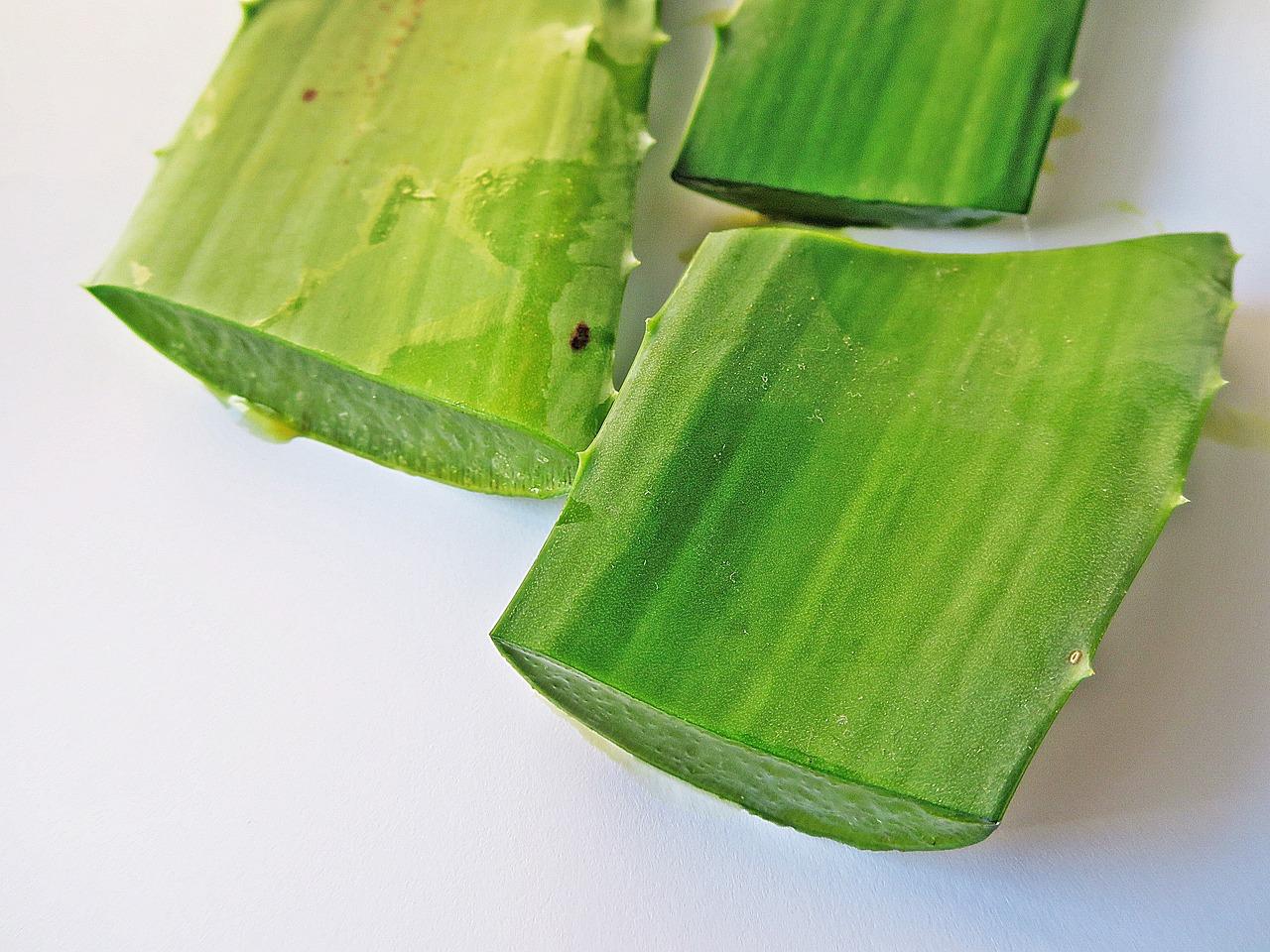
Cures skin inflammation
It has anti-inflammatory properties, copes well with viruses, bacteria and fungi, relieves pain and swelling and accelerates the growth cycle of new skin cells, thus activating the process of wound healing and healing inflammation.
It improves immunity
Aloe clearly improves the work of our immune system, strengthens the body and facilitates the fight against diseases. Juice or preparations containing it in its composition are often recommended in the autumn and winter periods and the so-called spring solstice, when our immunity decreases significantly. Aloe cleanses our body, facilitating the absorption of vitamins and minerals, stimulates B lymphocytes to produce antibodies, has anti-inflammatory properties and fights free radicals that lower immunity.
Heals herpes
Aloe is very effective in the treatment of herpes, not only reduces pain, but also helps to deal with viruses, cleanses the skin, soothes irritations and accelerates the healing process. However, you should use it as soon as possible, so as soon as we feel the itching characteristic of herpes, before the liquid-filled bubbles appear, we apply a small piece of cut aloe leaf and hold it on the skin for a few minutes. This procedure should be repeated several times a day, preferably at intervals of about two hours, each time using a new compress from the plant.
Supports the treatment of oral inflammation
Aloe is also effective in treating various types of inflammation in the mouth. Supports the fight against aphthae, ulcers and abscesses, and by providing analgesic and soothing effects, it quickly brings relief by eliminating unpleasant symptoms. Aloe disinfects diseased areas and helps fight viruses, fungi and bacteria, thus facilitating and accelerating mucosal healing and regeneration. Aloe juice is also great as a preparation that cleans teeth and gums from bacteria that lie on them, and also helps to get rid of scale build-up on teeth.
It improves the condition of dry and delicate skin
Aloe gel improves the condition of dry skin, soothes irritations, reduces itching and burning. It has gently exfoliating properties, so it allows you to get rid of dead skin without irritating the skin. In turn, thanks to the content of valuable nutrients, it strengthens it and makes it regenerate faster. Aloe binds moisture in the skin, so using it provides it with deep hydration, also helps rebuild its protective layer and strengthens blood vessels. Thanks to this, it becomes flexible, pleasant to the touch and less susceptible to redness caused by external factors. Aloe vera is also great at treating psoriasis and atopic and vascular skin problems.
Reduces the visibility of wrinkles
Aloe is an excellent natural anti-aging cosmetic, stimulates fibroblasts to produce collagen and elastin, thanks to which fine wrinkles are smoothed and the skin becomes smooth and elastic. Aloe also has strong antioxidant properties, which significantly delays the effects of aging and makes the skin look young and healthy for longer. Applied to the skin, it also has brightening and exfoliating properties, thanks to which it evens its color and stimulates regenerative processes. Aloe also protects it from the harmful effects of UV radiation and by supporting the action of cosmetics with filters reduces the risk of photo-aging changes.
Strengthens hair and reduces hair loss
Aloe stimulates hair growth, so it is often used as a natural cosmetic that reduces hair loss. It also works well as a preparation strengthening, nourishing and moisturizing both the scalp and hair. It reduces their brittleness, reduces split ends, facilitates combing, helps to deal with dandruff, and by creating a protective film on the surface of the hair, protects them from harmful external factors and reduces damage caused by styling. For hair care, aloe juice and aloe gel are great. It can be successfully added to masks, rinses or drips.

Aloe is a plant with many wonderful properties, it perfectly strengthens our body and improves the condition of the skin and hair. It also works as a preparation supporting the treatment of many different diseases. However, it should be remembered that it should be used in moderation. Taken in high doses, it can cause side effects, it should not be used by pregnant women, and if you are taking medicines or diseases that are harmful to your body, always consult a doctor who will tell you how it is safest to take aloe vera preparations. Similarly, if you use aloe juice or gel on the skin and hair, you need to make sure that it does not cause allergic reactions and do not overdo it with the frequency of use. It is also very important that when choosing preparations with aloe vera read the composition carefully, unfortunately there are many on the market today that contain trace amounts of this plant. However, you will find there a large content of chemicals and sugar. So choose products from proven manufacturers or prepare them yourself. Remember that juice or gel will have health properties if we get it from a plant that is at least 3-4 years old.

